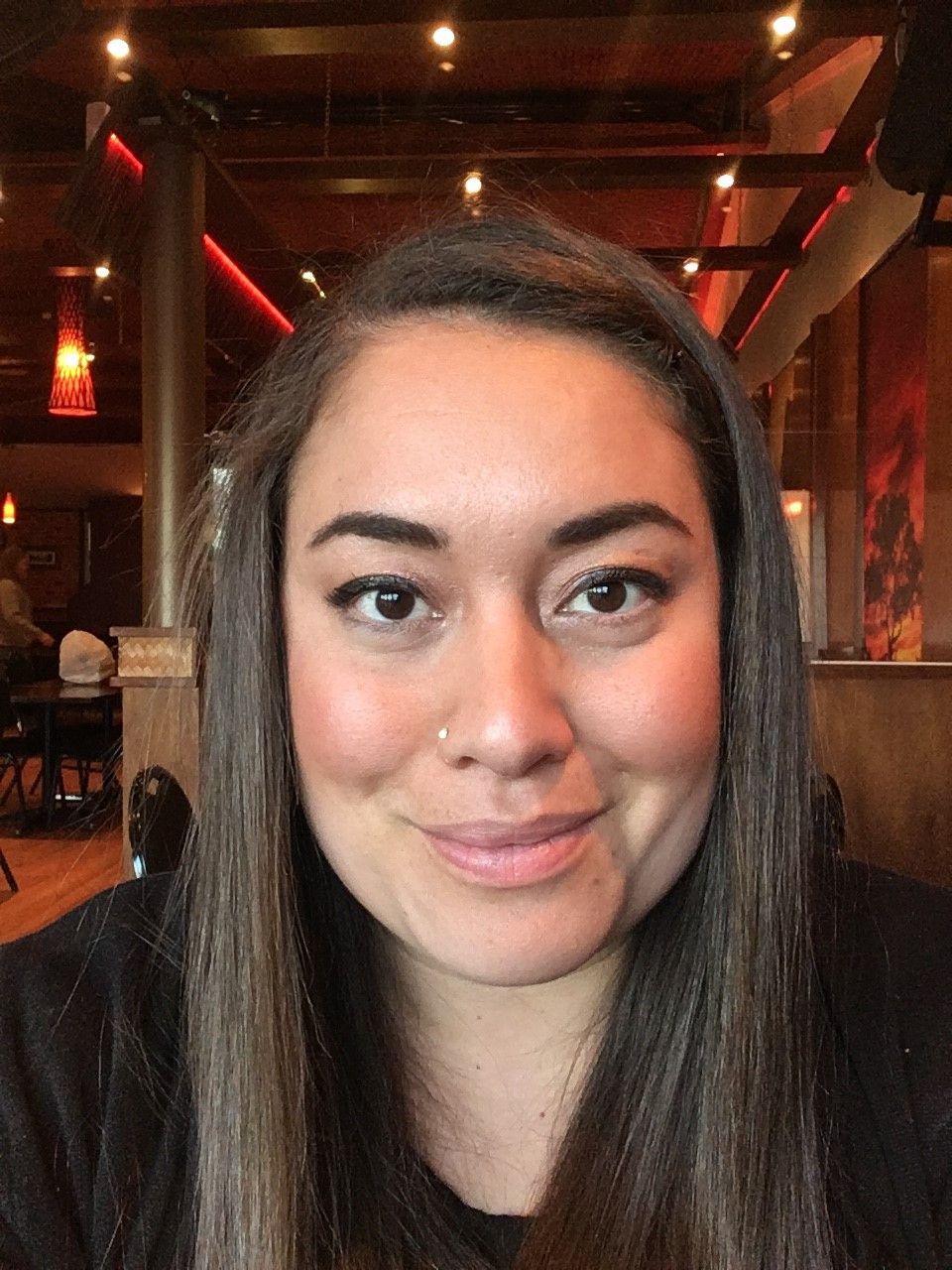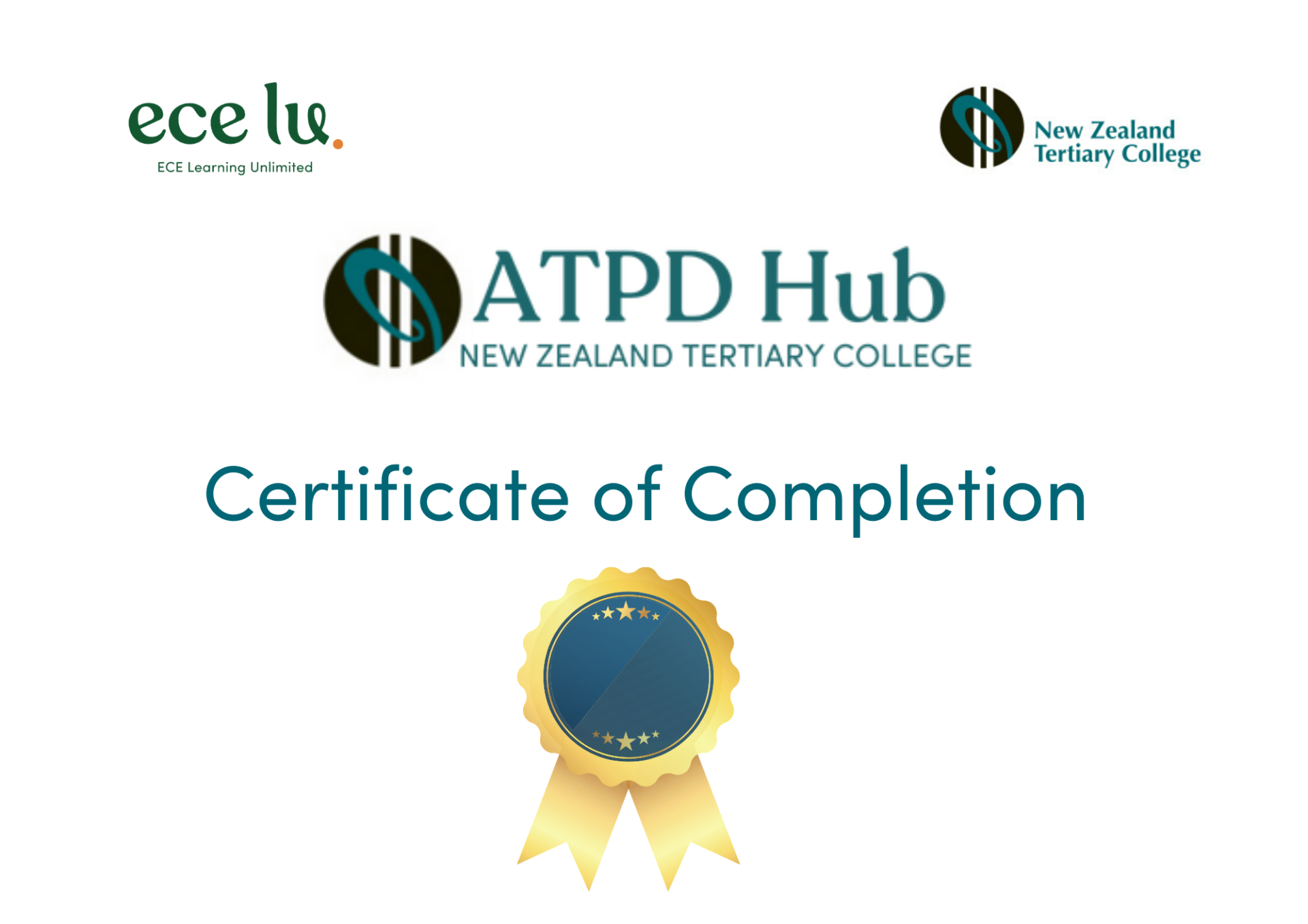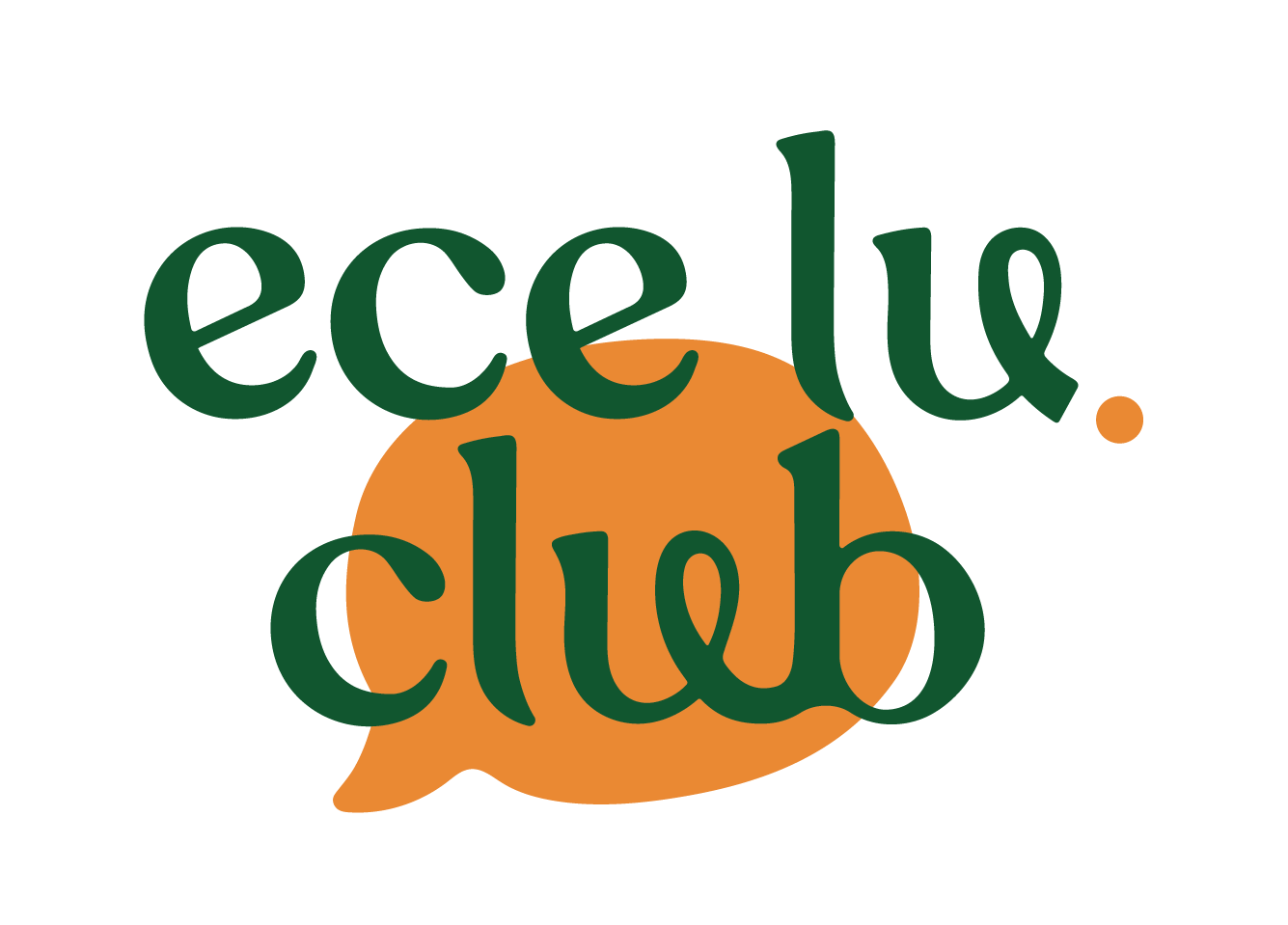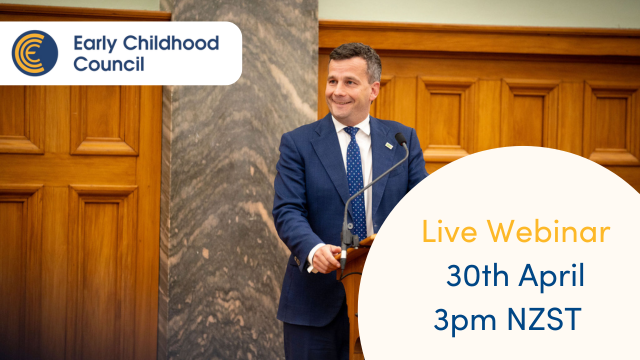Login to access the ATPD Hub
Associate Teachers: Building the Future of Education.
Sharpen your mentoring skills with our professional learning opportunities for Associate Teachers. Empower your student teachers and make a meaningful impact on their development.
Sharpen your mentoring skills with our professional learning opportunities for Associate Teachers. Empower your student teachers and make a meaningful impact on their development.
What will you learn?

About the presenter
Sina Fowler
How do ECE kaiako understand and enact Tapasā Turu 1?
In this webinar we explore the perspectives of early childhood education kaiako (teachers) on Turu 1 of Tapasā: Cultural Competencies Framework for Teachers of Pacific Learners (Ministry of Education [MoE], 2018) and how they enact it in their teaching practice.
Tapasā Turu 1 is focused on identities, languages and cultures and strives for kaiako to “demonstrate awareness of the diverse and ethnic-specific identities, languages and cultures of Pacific learners” (MoE, 2018, p. 8). My study employed a talanoa methodological approach with three kaiako, and they shared their narratives related to their cultural identities and how this shaped their enactment of Tapasā Turu 1. Findings were analysed through the lens of Pacific concepts of values, relationships and leadership, comparing Indigenous to Western, mainstream values, relationships and leadership. The kaiako interpreted and enacted Tapasā Turu 1 in diverse ways related to their values and what they identified as gaps in the curriculum within their centres.
The research identifies several commonalities within the kaiako talanoa and I would like to share the challenges they faced and the strategies they used that strengthened their practice with Pacific learners.








